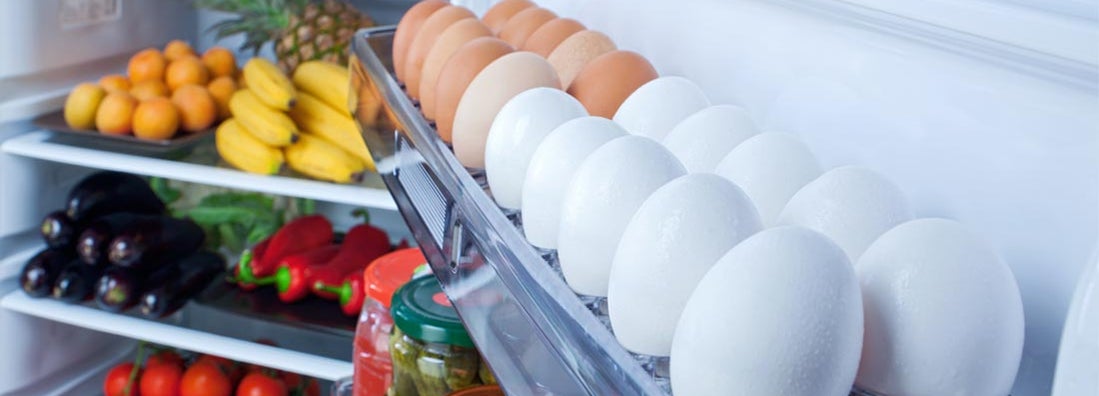Food Spoilage Insurance Claims
Here's what you need to know

Summertime brings vacations, outdoor activities, barbecues and often blackouts. If there is a power outage and you just bought a refrigerator and freezer full of expensive steaks or premium veggie burgers, your homeowners insurance may be able to help.
Our independent insurance agent matching tool will find you the best insurance solution in your area. Tell us what you're looking for and we'll recommend the best agents for you. Any information you provide will only be sent to the agent you pick.
What Homeowners Insurance Will Cover
Homeowners insurance will cover food that spoils as a result of a power outage caused by a covered risk. If the power went out because a tree fell on your roof, food spoilage would be covered as part of the claim. If the power went out because lightning hit your home, food spoilage would be covered.
If the power went out because of a do-it-yourself project gone wrong, or because of a widespread blackout, your homeowners insurance probably would not cover food spoilage.
What Homeowners Insurance Will Pay
Your insurance company will usually cover up to $500 of food that spoils as a result of a power outage. That comes standard with your policy, but you can also purchase additional coverage if you want.
Your homeowners insurance deductible will apply to food spoilage coverage. If you had a $500 deductible and $400 of food spoilage, your homeowners insurance would not pay anything.
For an additional premium, you may be able to get food spoilage coverage that has a separate deductible and pays for any reason.
Other Coverage for Food Spoilage
You may want to find out if the utility company will reimburse you for your deductible, food spoilage, or other damage as a result of a power outage. A home or appliance warranty may also provide food spoilage coverage.
When You Should Discard Food after a Power Outage
Eating spoiled food can cause very serious illness. Fish, meat, and poultry should be thrown out if they have been exposed to temperatures greater than 40 °F for more than 2 hours.
Other refrigerated foods can last up to 4 hours or more. Frozen foods may last for as long as 48 hours in an unopened freezer.
Food Safety During and After Blackouts
- Never taste food to determine its safety!
- Keep the refrigerator and freezer doors closed as much as possible to maintain the cold temperature.
- The refrigerator will keep food safely cold for about 4 hours if it is unopened. A full freezer will hold the temperature for about 48 hours (24 hours if it is half full and the door remains closed).
- Food may be safely refrozen if it still contains ice crystals or is at 40 °F or below.
- Get block ice or dry ice to keep your refrigerator and freezer as cold as possible if the power is going to be out for a prolonged period. Fifty pounds of dry ice should hold an 18-cubic-foot full freezer for 2 days.
- If the power has been out for several days, then check the temperature of the freezer with an appliance thermometer or food thermometer. If the food still contains ice crystals or is at 40 °F or below, the food is safe.
- If a thermometer has not been kept in the freezer, then check each package of food to determine its safety. If the food still contains ice crystals, the food is safe.
- Discard refrigerated perishable food such as meat, poultry, fish, soft cheeses, milk, eggs, leftovers, and deli items after 4 hours without power.
- When in Doubt, Throw It Out
Tips for Maintaining Your Refrigerator
- Follow the manufacturer's guidelines for temperature. Keeping the temperature too high or too low can spoil food.
- Clean the coils according to the manufacturer’s guide. The refrigerator will not run as efficiently with dusty coils.
- Check and clean the door seals. Loose or dirty door seals can make your refrigerator work harder.
It Pays To Know What You Are Covered For
Homeowners insurance covers a lot of things that can happen. Coverages differ depending on the company and your location. Don’t make any assumptions about your policy. Talk to your local independent insurance agent. They have the experience and expertise to help you get the most out of your homeowners insurance.
